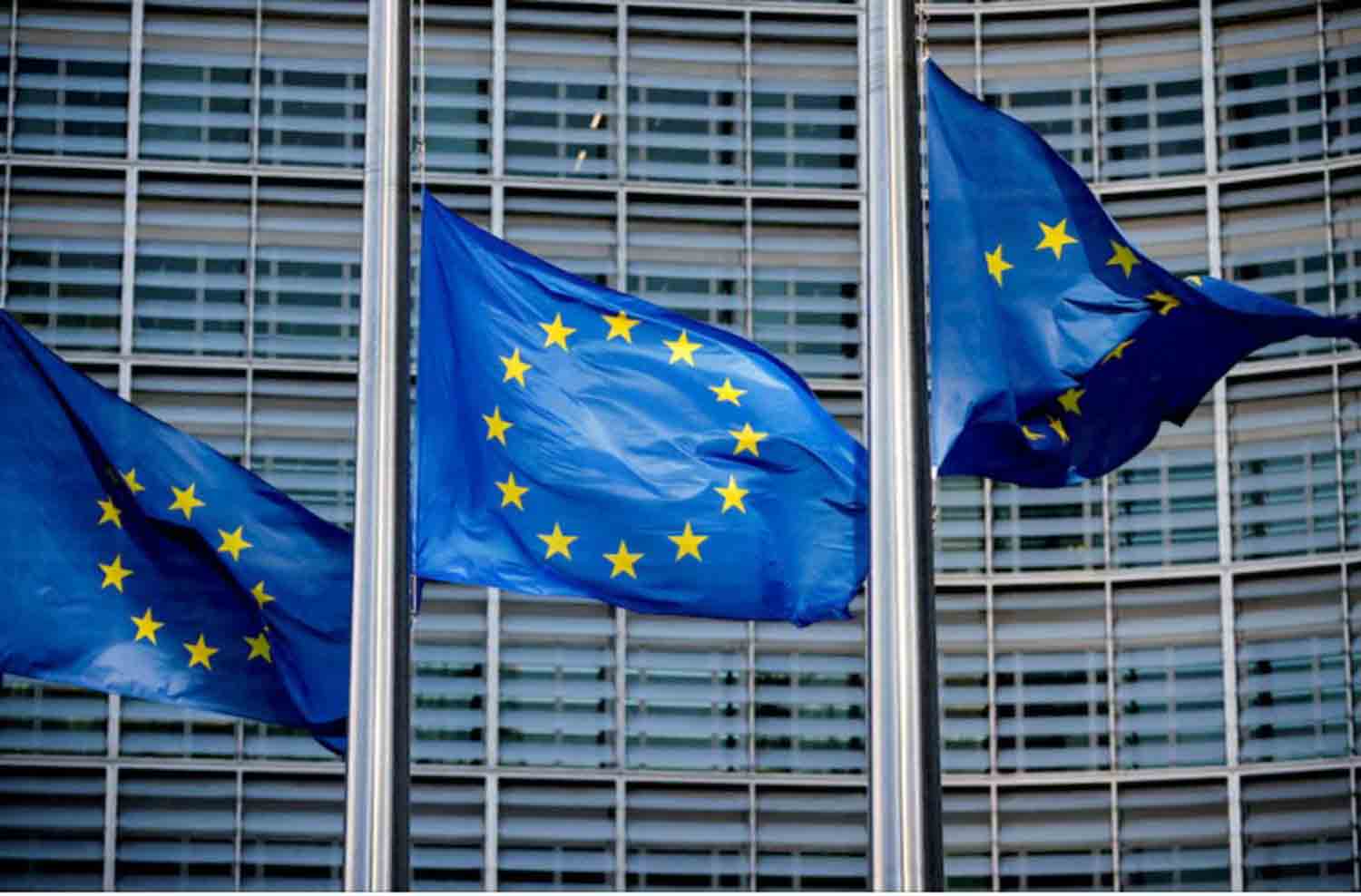The United States government announced on Monday that it will impose additional restrictions on the export of artificial intelligence chips and technologies. This initiative aims to maintain advanced computing capabilities within the U.S. and its allies while further limiting China’s access.
The new regulations will set a cap on the number of AI chips that can be exported to most nations, while allowing unrestricted access to U.S. AI technology for its closest allies. Exports to China, Russia, Iran, and North Korea will continue to be prohibited.
These comprehensive regulations, introduced in the final days of President Joe Biden’s administration, extend beyond China and are designed to reinforce the U.S.’s leading position in AI by exerting control over its global distribution. U.S. Commerce Secretary Gina Raimondo emphasized the importance of maintaining U.S. leadership in AI development and chip design.
This regulatory framework concludes a four-year effort by the Biden administration to limit China’s access to advanced chips that could bolster its military capabilities, while also tightening controls to ensure U.S. dominance in AI technology.
It remains uncertain how the incoming administration of President-elect Donald Trump will implement these new rules, although both administrations recognize the competitive threat posed by China. The regulations are scheduled to take effect 120 days after publication, allowing the Trump administration time to consider its approach.
New restrictions will also be applied to advanced graphics processing units (GPUs), essential for powering data centers that train AI models. The majority of these chips are produced by Nvidia, based in Santa Clara, California, with Advanced Micro Devices (AMD) also contributing to the market. Following the announcement, shares of Nvidia and AMD fell by 2% to 3% in premarket trading on Monday.
Leading cloud service providers, including Microsoft, Google, and Amazon, will have the opportunity to pursue global authorizations for the establishment of data centers.
Once these authorizations are granted, the providers will be exempt from needing export licenses for AI chips, enabling them to construct data centers in nations that face challenges in importing sufficient chips due to U.S. quotas. In premarket trading, shares of all three companies experienced a decline of approximately 1%.
To receive approval, companies must adhere to rigorous conditions and restrictions, which encompass security protocols, reporting obligations, and a demonstrated commitment to human rights. Previously, the Biden administration had enforced extensive limitations on China’s access to advanced chips and the machinery required for their production, with annual updates to tighten these controls and address nations that might divert technology to China.
NVIDIA EXPRESSES CONCERNS OVER ‘OVERREACH’
As the regulations reshape the global landscape for AI chips and data centers, influential industry leaders voiced their concerns about the proposal even before its release. On Monday, Nvidia described the regulation as “sweeping overreach,” asserting that the White House would be restricting “technology that is already prevalent in mainstream gaming PCs and consumer hardware.” Earlier this month, data center provider Oracle contended that the regulations would effectively transfer “most of the global AI and GPU market to our Chinese competitors.”
The regulations introduce global licensing requirements for specific chips, with certain exceptions, and establish controls over the “model weights” of the most advanced “closed-weight” AI models. Model weights are crucial for decision-making in machine learning and are typically the most valuable components of an AI model.
The regulation categorizes countries into three distinct tiers. Approximately 18 nations, including Japan, the United Kingdom, South Korea, and the Netherlands, will be largely exempt from these regulations. Around 120 additional countries, such as Singapore, Israel, Saudi Arabia, and the United Arab Emirates, will be subject to specific country limits. Meanwhile, nations under arms embargoes, including Russia, China, and Iran, will be completely prohibited from accessing the technology.
Furthermore, U.S.-based providers, such as AWS and Microsoft, that are likely to obtain global authorizations will be restricted to deploying only 50% of their total AI computing capacity outside the United States. They can allocate no more than 25% of this capacity to countries classified as Tier 1 and a maximum of 7% to any single non-Tier 1 country.
While AI holds the promise of enhancing access to healthcare, education, and food, it also poses risks, including the potential development of biological and other weapons, facilitation of cyberattacks, and support for surveillance and human rights violations.
“The U.S. must be ready for rapid advancements in AI capabilities in the years ahead, which could significantly affect both the economy and our national security,” stated U.S. National Security Adviser Jake Sullivan.
Discover more from Defence Talks | Defense News Hub, Military Updates, Security Insights
Subscribe to get the latest posts sent to your email.




